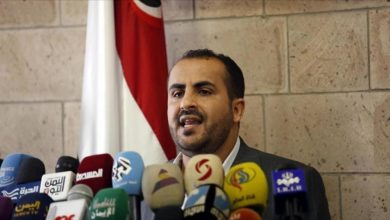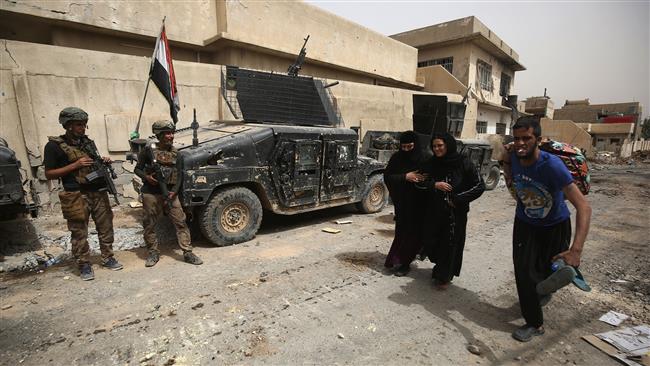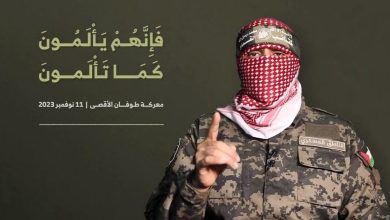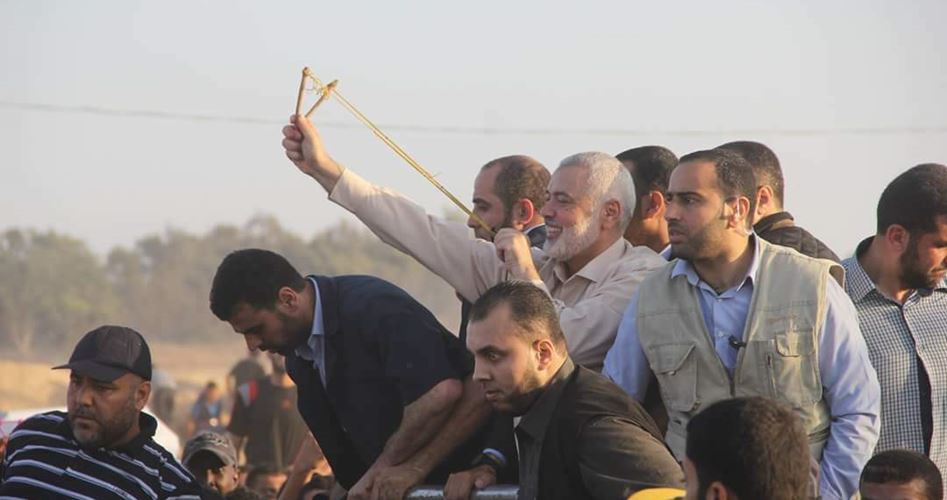Iran: OIC facing ‘litmus test’ on raging Israeli warmongering, US support
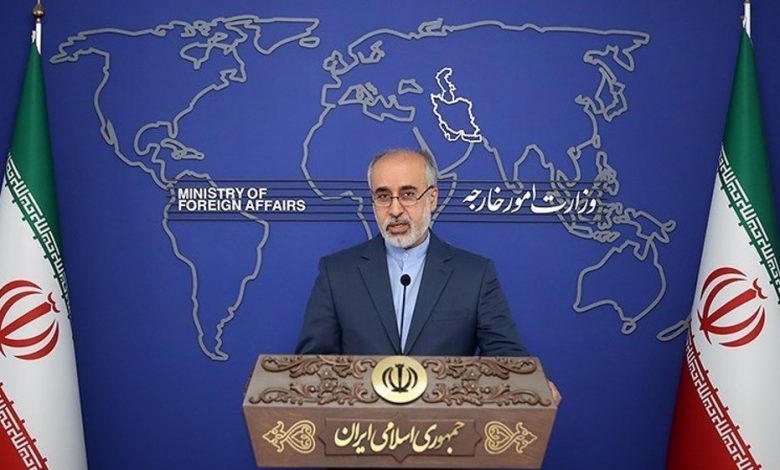
Iran’s Foreign Ministry spokesman has highlighted the importance of the upcoming emergency meeting of the Organization of Islamic Cooperation (OIC), saying the 57-member bloc is “facing a test” on Israel’s genocidal war on the Gaza Strip.
Nasser Kan’ani made the remarks at a weekly press briefing on Monday, one day before an extraordinary meeting of the OIC Council of Foreign Ministers on the Gaza war in the Saudi city of Jeddah. It is the second such meeting in Saudi Arabia as the country hosted a similar event last year.
“This cruel war continues in the shadow of warmongering by the Zionist regime’s officials and the unlimited support of the United States. The OIC is facing a test tomorrow to show how much of its capacity it will use in support of Palestine,” he said.
“The leaders of Muslim countries are expected to take a strong and unanimous decision that requires an effective step to defend Palestine, with an urgency of stopping the war.”
Israel waged the brutal war on the besieged Gaza Strip on October 7 after the Palestinian Hamas resistance group carried out a historic operation against the occupying regime in retaliation for its intensified atrocities against the Palestinian people.
So far, the Tel Aviv regime has killed at least 30,534 Palestinians, mostly women and children, and injured 71,920 others.
‘GCC in no position to comment on Persian Gulf islands’
Also in his remarks, Kan’ani commented on an anti-Iran statement issued by the Ministerial Council of the Persian Gulf Cooperation Council (GCC) after its meeting in the Saudi capital of Riyadh.
The statement repeated the UAE’s claim on the three Persian Gulf islands of Abu Musa, the Greater and Lesser Tunbs.
The top diplomat said that Iran has always emphasized its sovereignty over the islands based on international law.
“The GCC is not in a position to comment on this matter. Issuing unilateral statements negates the positive atmosphere in relations between Iran and the countries in this region. Iran expects its neighbors to adopt a realistic approach and avoid false comments.”
The three Persian Gulf islands of Abu Musa, the Greater and Lesser Tunbs have historically been part of Iran, proof of which can be found and corroborated by countless historical, legal, and geographical documents in Iran and other parts of the world. However, the United Arab Emirates has repeatedly laid claim to the islands.
The islands fell under British control in 1921 but on November 30, 1971, a day after British forces left the region and just two days before the UAE was to become an official federation, Iran’s sovereignty over the islands was restored.
Iran rejects ‘unilateral’ GCC statement on Arash gas field
Also in its statement, the GCC Ministerial Council made claims about the Persian Gulf Arash natural gas field, which Iran shares with Kuwait and Saudi Arabia. It alleged that only the two Arab countries have the right to exploit natural resources from the field.
Kan’ani said that Iran has repeatedly announced its principled position on the matter based on international law.
“Making one-sided claims will not create any rights for the claimant. We have emphasized the continuation of technical and legal negotiations with the Kuwaiti authorities,” he added.
“Raising such issues in unilateral statements is not acceptable at all.”
‘Intl. community accountable for Israel’s provocations in Lebanon’
Regarding Israel’s ground invasion of southern Lebanon and possibility of escalating tensions, the spokesman said the Israeli regime, due to its terrorist nature, is seeking to fuel tension and spread insecurity in the region.
“Any action taken by Israel against other parties is an action aimed at jeopardizing regional peace and security.”
Kan’ani asserted that the accountability lies with the Tel Aviv regime and the governments that support it, in particular the United States, which has fully supported the regime and rendered ineffectual the UN Security Council through the abuse of its veto power.
He noted that the international community is fully responsible for “provocative actions” against Lebanon.
